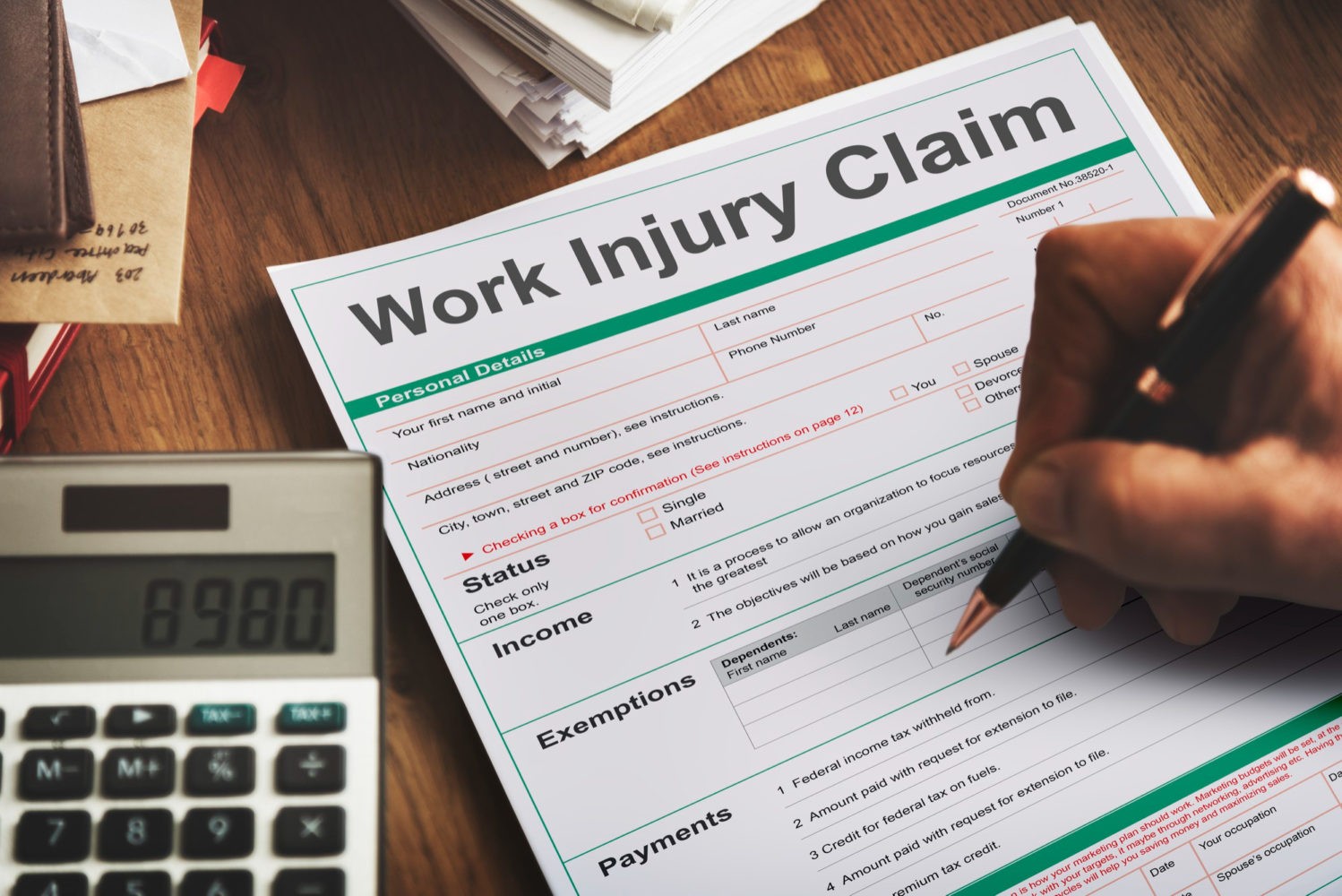When it comes to workers’ compensation, understanding your rights and responsibilities is important. Nobody plans to become a victim of a work accident. But we don’t always have control over fate. It would be in your best interest to know all that you are entitled to, should you need to pursue compensation.
There are several important points to remember if you’re an employee filing a worker’s compensation claim.
In this article, we’ll explore five key things to keep in mind about workers’ compensation, from filing a claim to seeking legal assistance from top workers’ compensation lawyers.
1. Your Right to Compensation
As an employee, it’s important to know that you have the right to compensation if you’re injured on the job.
Workers’ compensation laws vary by state, but in general, if you suffer a work-related injury or illness, you’re entitled to benefits such as medical treatment, lost wages, and disability benefits.
It’s crucial to report any workplace injuries or illnesses to your employer promptly and seek medical treatment as needed.
2. Reporting Requirements
When it comes to reporting a work-related injury or illness, timing is critical. Most states have strict reporting requirements that specify how soon after an injury or illness occurs, you must notify your employer.
If you fail to report a workplace injury or illness within the specified timeframe, it could jeopardize your ability to receive workers’ compensation benefits.
Be sure to familiarize yourself with your state’s reporting requirements and follow them diligently.
3. Employer Responsibilities
Employers also have responsibilities under workers’ compensation laws to ensure a safe work environment and provide benefits to injured employees.
This includes maintaining a safe workplace, carrying workers’ compensation insurance, and promptly reporting workplace injuries or illnesses to the appropriate authorities.
Employers must also provide injured employees with information about their rights and the workers’ compensation claims process.
4. Understanding Your Benefits

Workers’ compensation benefits can vary depending on the nature and severity of your injury or illness. Common benefits include:
a. Medical Treatment: Coverage for medical expenses related to your work-related injury or illness, including doctor visits, hospital stays, surgeries, medications, and rehabilitation services.
b. Lost Wages: Compensation for a portion of your lost wages if your injury or illness prevents you from working for a certain period.
c. Disability Benefits: Financial support if your injury or illness results in temporary or permanent disability, including partial disability, total disability, or death benefits for dependents.
It’s essential to understand the benefits you’re entitled to under workers’ compensation and how they apply to your specific situation. If you have no idea where to begin, a lawyer could be your guiding light.
5. Legal Assistance
The process of dealing with workers’ compensation can be complicated, especially if your claim is disputed or denied.
In such cases, it is essential to seek legal assistance from top workers’ compensation lawyers. A skilled attorney can help you understand your rights, collect evidence to support your claim, and represent your best interests throughout the claims process.
Whether you’re a worker seeking benefits or an employer facing a workers’ compensation claim, having experienced legal representation can significantly impact the outcome of your case.
Workers’ compensation is an important safety net for employees who suffer work-related injuries or illnesses.
By understanding your rights and responsibilities, reporting workplace injuries promptly, and seeking legal assistance when needed, you can navigate the workers’ compensation process with confidence and ensure you receive the benefits you’re entitled to.
Seeking legal assistance from top lawyers is the most important thing you should do if you are looking to file a claim. They can help you throughout the process and secure fair compensation for you.












